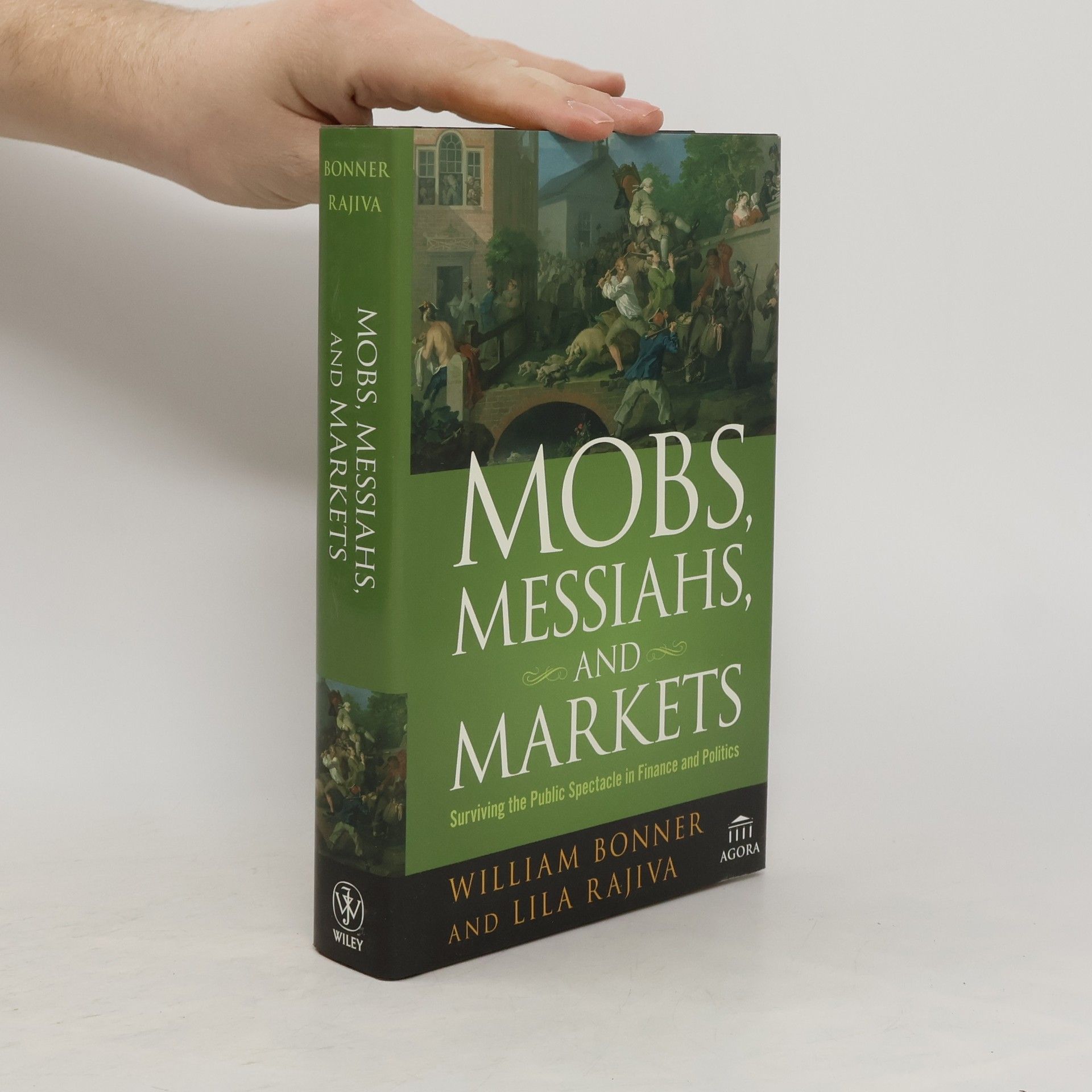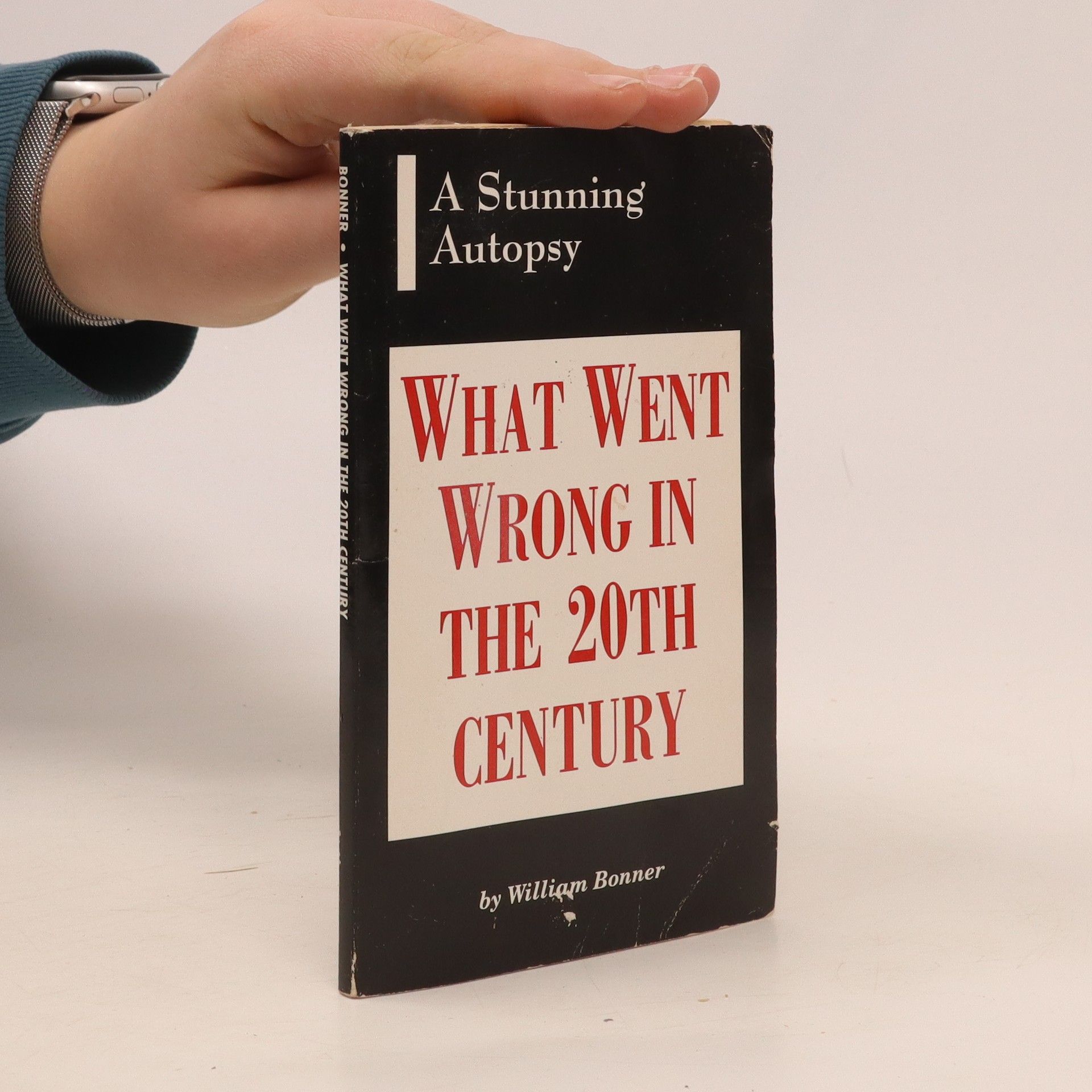Das Massensyndrom
Überleben Sie die gigantischen wirtschaftlichen und politischen Krisen
In der Herde reagieren Schafe anders als allein. Sie folgen dem Leithammel und sparen sich das eigene Denken. Dass dieses Prinzip nicht nur in der Tierwelt gilt, beweist das neue Buch von Bestsellerautor Bill Bonner. Auch an den Märkten und Börsen dieser Welt scheint dieses Herdenverhalten weit verbreitet. Wie sonst ließen sich Blasen und Massenhysterie erklären? Wer sein Vermögen bewahren oder vergrößern will, muss lernen, die Mechanismen dieser Gruppendynamik zu erkennen und zu verstehen – und muss ihr ausweichen können. In „Das Massensyndrom“ erklärt Bonner auf unterhaltsame Weise genau diesen Herdentrieb – und die dahinterstehende Problematik: Einerseits sind die Investoren und Geldgeber zu weit von den Fakten entfernt, verstehen also die Funktionsweisen der Märkte nicht, andererseits sind die Manager und Vermögensverwalter zu weit von den Konsequenzen ihres Handelns entfernt, bekommen also die Auswirkungen nicht zu spüren. Bonners Fazit: Denken Sie selbst, folgen Sie nicht der Herde und schützen und vermehren Sie Ihr Vermögen.







